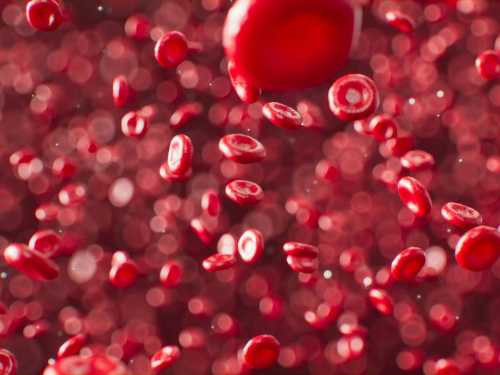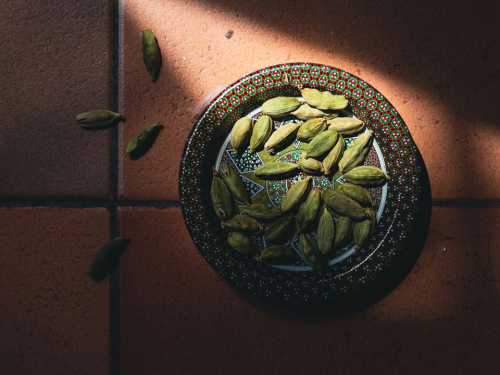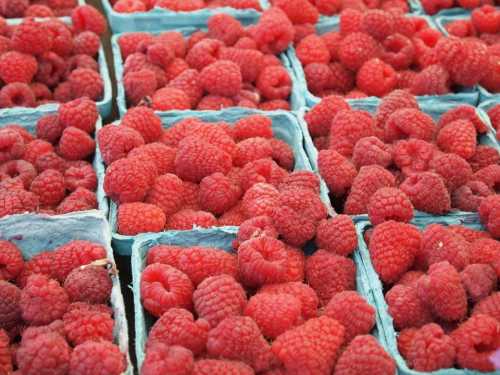
How to protect enamel from sweet and salty
If you store your teeth in a sealed case that does not pass sunlight, they will retain shape, size and color for hundreds of years. But, unfortunately, a much more aggressive environment reigns in the oral cavity. Daily enamel is subjected to destructive effects of organic acids, food dyes, mechanical abrasion and a number of other negative factors. This significantly shortens its service life, and sometimes leads to complete destruction.
The doctor recalls that regular dentist visits minimize adverse effects, but something for dental health a person can do on their own. First of all, it is a thorough regular hygiene and an informed approach to choosing products for a daily diet.
So, how does food do the most damage to teeth?
- Sweets
Without exaggeration, they can be called the enemy of tooth enamel No. 1. This is due not only to the presence of a large amount of sugar in such treats, but also to their structure. Most sweets tend to stick to the surface of the teeth and get stuck in inaccessible places. Prolonged contact with enamel enhances the destructive effect of sugar on the protective shell, and its prolonged presence in the mouth creates a favorable environment for the reproduction of pathogenic microflora.
- Berries, citrus fruits, some other fruits
These superfoods are very useful for the body, but do not have the most positive effect on the teeth. Having persistent coloring elements and quite aggressive acids in the composition, they destroy the enamel and lead to its darkening. To minimize the negative impact, after eating berries and fruits, it is enough to rinse your mouth with warm water, you should not completely exclude them from the diet for the sake of preserving enamel. - Natural juices and soda
If the former are very healthy, then the latter have a rather negative effect on its condition. Both are very harmful to teeth. This is due not only to the presence of sugar and food acids in the composition. The fact is that in the intervals between meals, the teeth are covered with a pelicle. This is a protective film that is formed naturally from saliva. Such drinks flush it, making the enamel vulnerable to bacteria. - Excessively hard products
Enamel is the hardest material in the body, but its safety margin is limited. Do not forget that the potential threat to the integrity of the teeth is not only chemical, but also mechanical. Crumbs, nuts, grillage, dried wobble and a number of other excessively hard products can cause the tooth to crack or split. This is especially true for those teeth that already have mechanical injuries or defects. It is better to abandon such products altogether or use them in a pre-crushed form, dosing chewing forces. - Pickles, sauces, some canned food
These products pose a potential threat to enamel due to vinegar, which is usually present in their composition.




